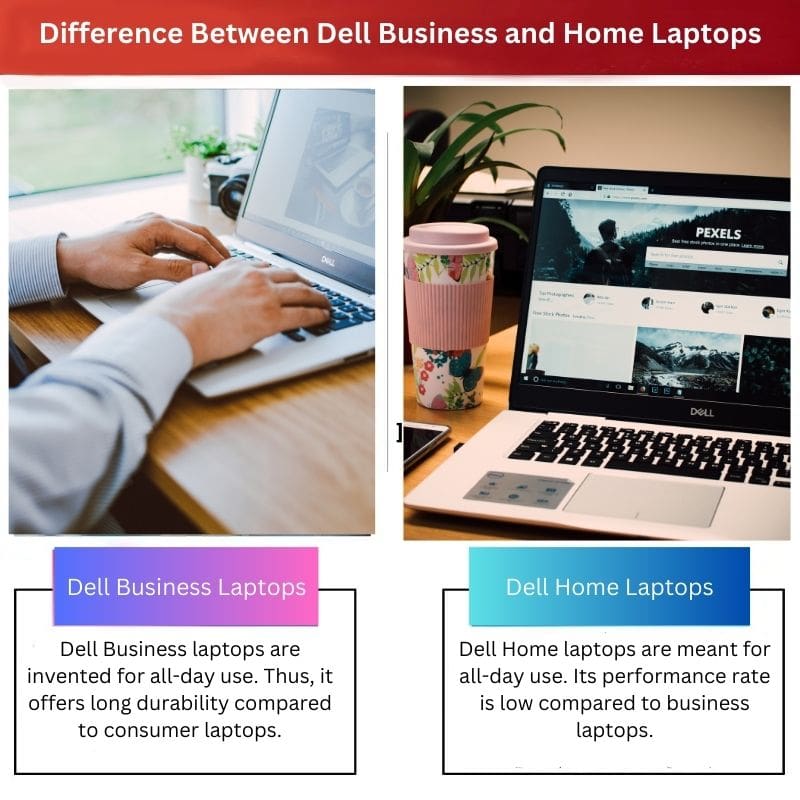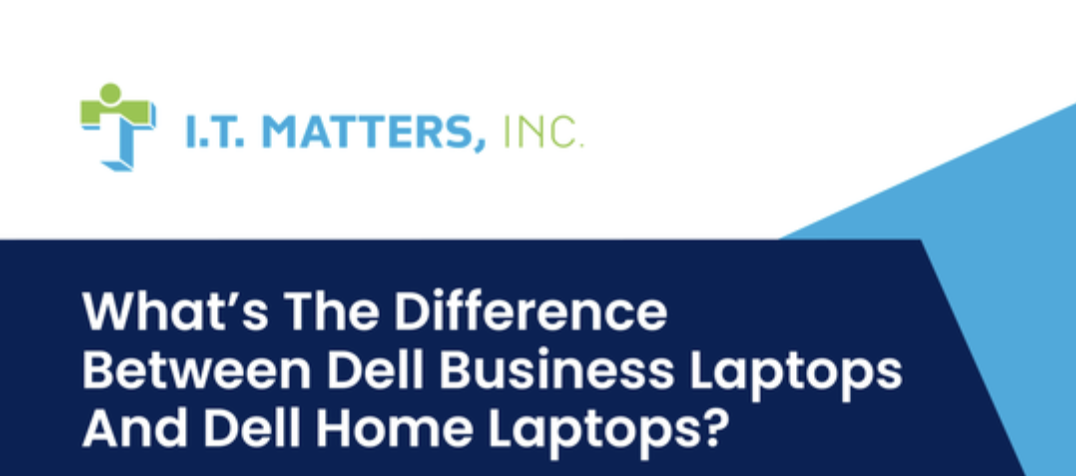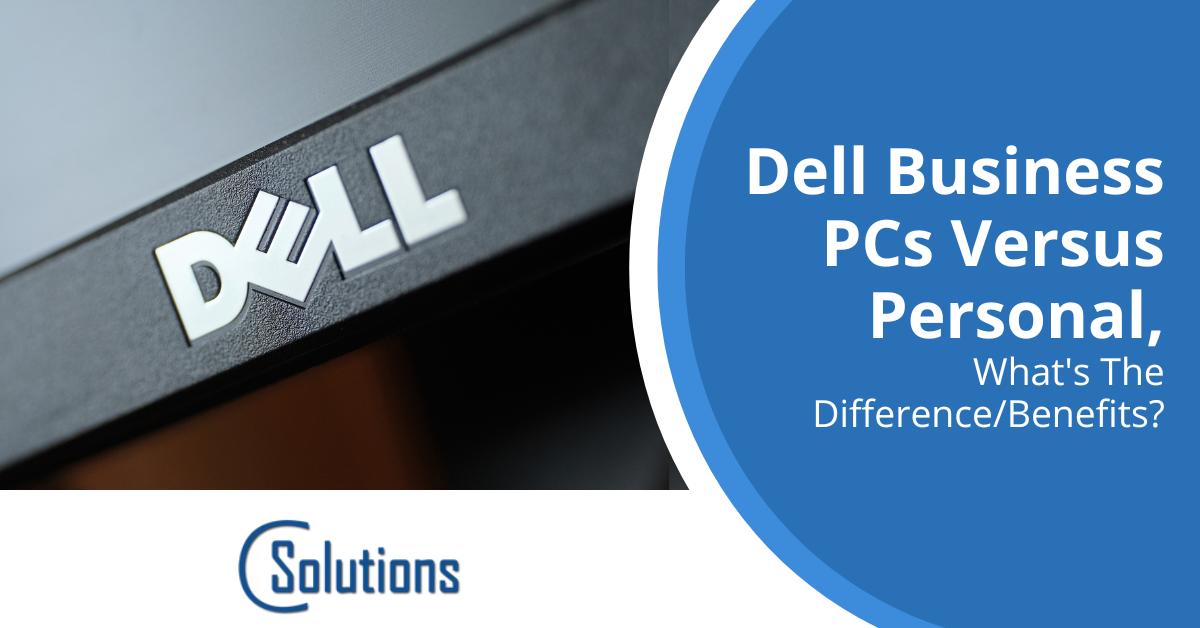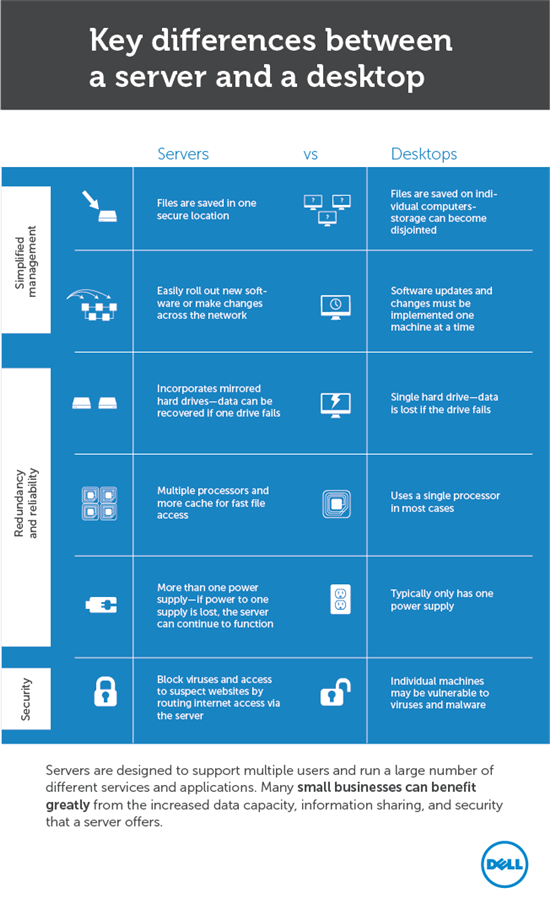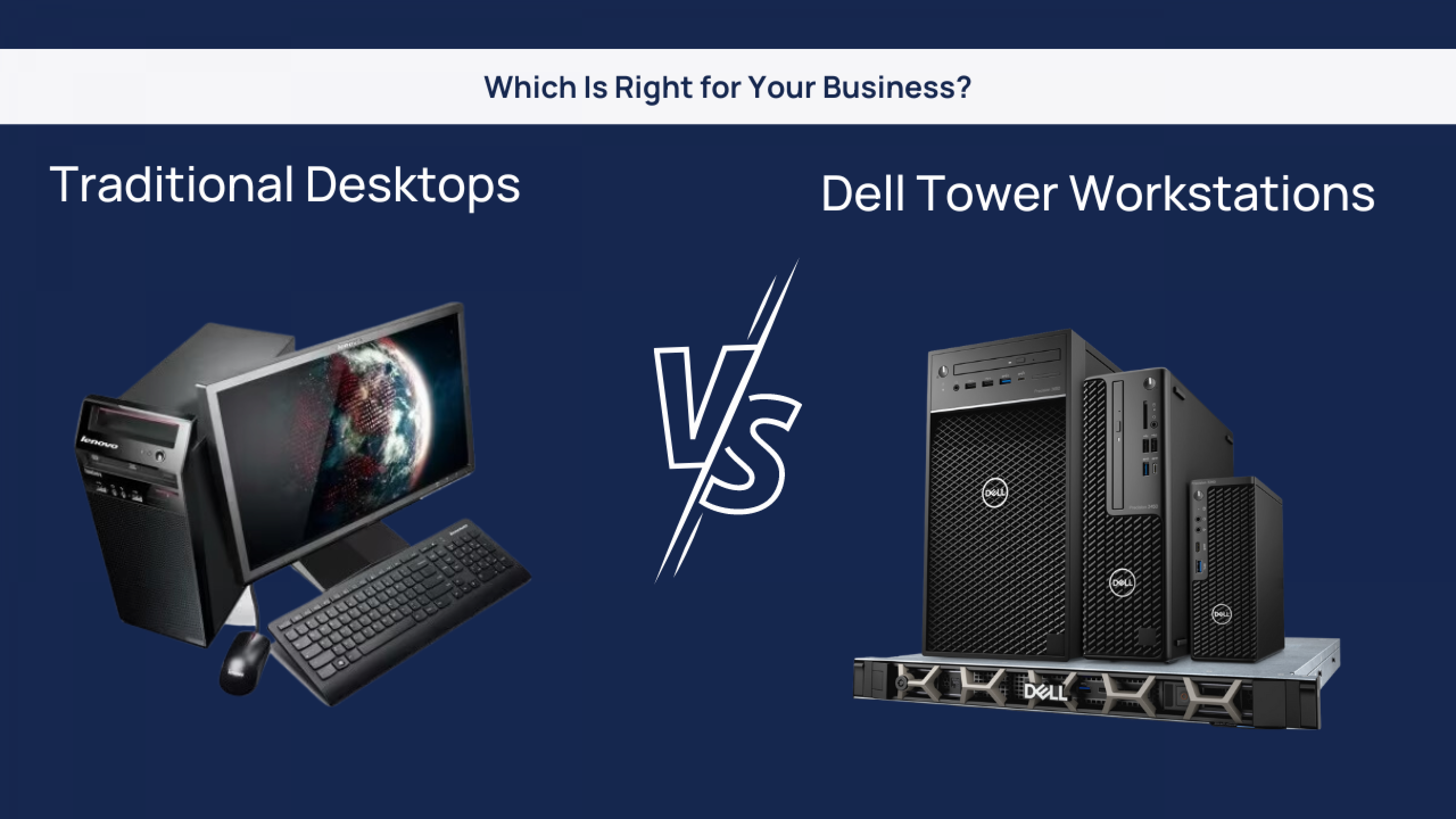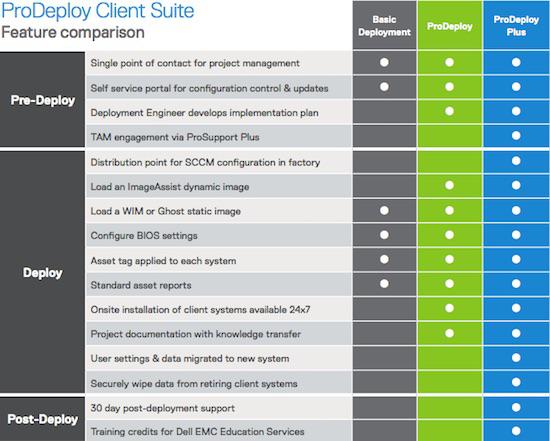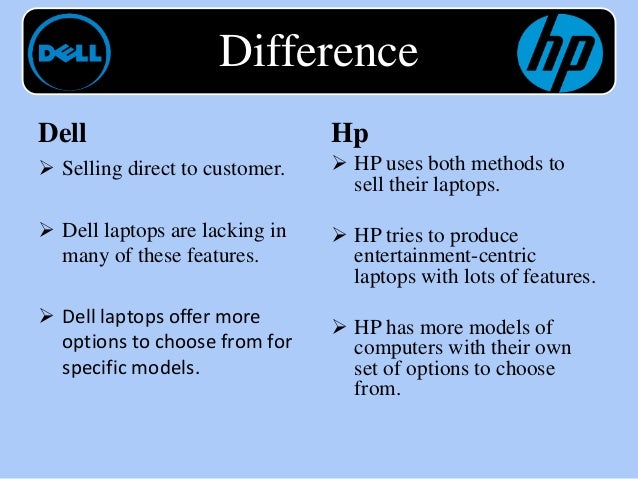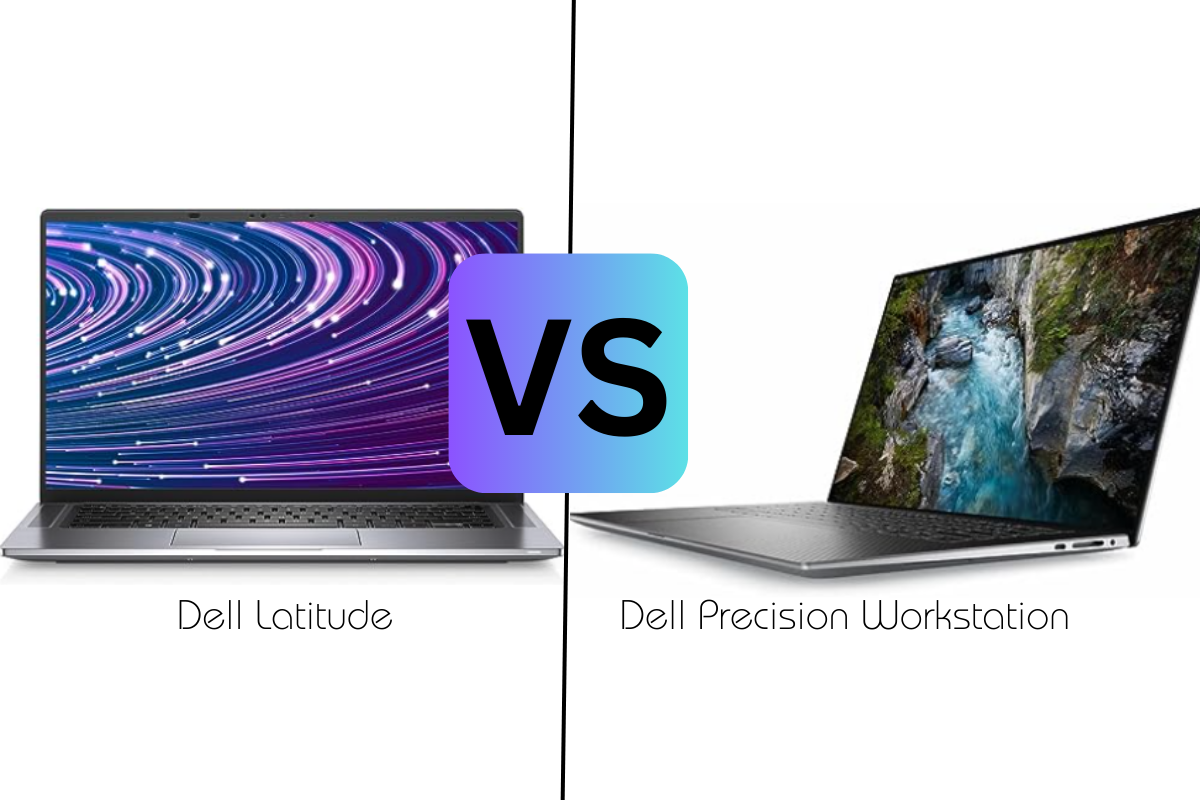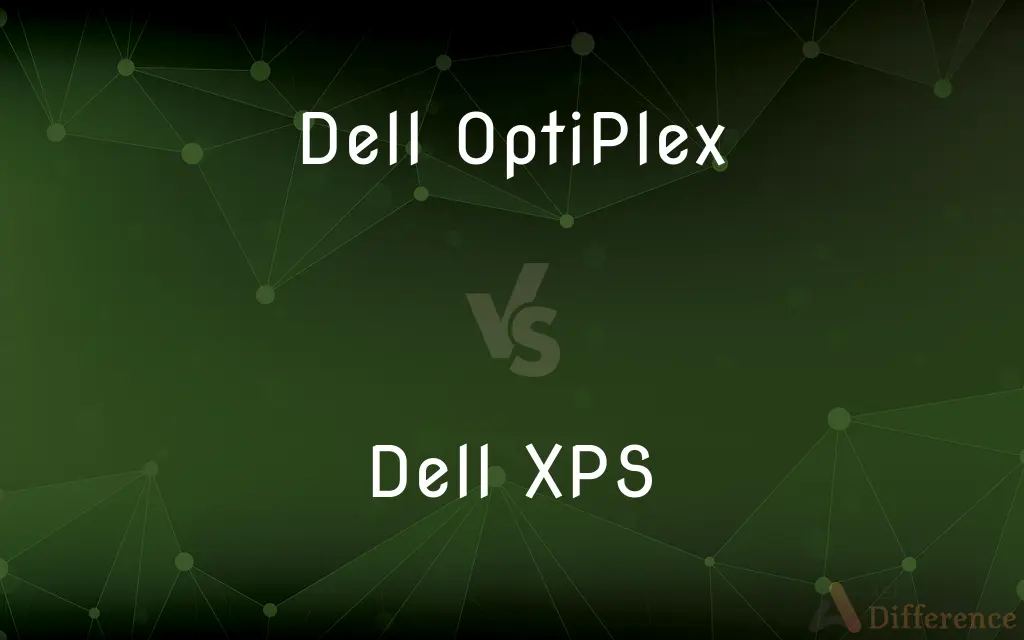What Is The Difference Between Dell Home And Dell Business

For consumers in the market for a new computer, the choices can be overwhelming. Dell, a major player in the PC market, offers distinct product lines and services tailored to both home and business users. Understanding the differences between Dell Home and Dell Business can help consumers make informed decisions aligned with their specific needs.
The crucial distinction lies in the intended user: Dell Home caters to individual consumers and families, while Dell Business targets small businesses, large corporations, and other organizations. This difference in target audience shapes product offerings, service levels, support structures, and pricing strategies.
Product Lines and Features
Dell Home computers typically include the Inspiron and XPS lines, known for their user-friendliness, multimedia capabilities, and attractive designs. These systems often come pre-loaded with consumer-oriented software and features designed for entertainment, productivity, and general use.
Dell Business, on the other hand, features lines like Latitude, OptiPlex, and Precision. These models emphasize durability, security, and manageability, critical for professional environments.
Business laptops often include features like TPM (Trusted Platform Module) chips for enhanced security, and support for advanced authentication methods like smart card readers. They are also designed for longer lifecycles, reducing the need for frequent upgrades.
Operating Systems and Software
Dell Home computers usually ship with a standard version of Windows, along with pre-installed consumer software like media players and basic productivity applications. There's often an emphasis on ease of use and out-of-the-box functionality.
Dell Business systems offer more flexibility. Options often include different versions of Windows, including Professional and Enterprise editions, and even the option for Linux. This allows businesses to tailor the software environment to their specific needs and security requirements.
Service and Support
Dell Home support often focuses on basic troubleshooting and repair services. Support channels typically include phone, online chat, and email.
Dell Business customers often have access to more comprehensive support packages. These can include on-site repair services, dedicated account managers, and priority access to technical support.
"For businesses, downtime is costly,"explains a Dell spokesperson.
"Our business support services are designed to minimize disruptions and ensure productivity."
Service Level Agreements (SLAs) are common with Dell Business, guaranteeing specific response times and resolution windows.
Pricing and Financing
Dell Home pricing is often more competitive, reflecting the mass-market nature of the products. Promotional offers and discounts are frequent.
Dell Business pricing can be higher, especially for customized configurations and advanced support packages. However, businesses can often take advantage of financing options, leasing programs, and volume discounts.
Furthermore, the total cost of ownership (TCO) for business systems can be lower in the long run due to their durability, manageability, and reduced downtime.
Security Features
Security is a key differentiator. While Dell Home computers offer standard security features like antivirus software, Dell Business systems incorporate more advanced measures.
These include hardware-based security, such as TPM chips and biometric authentication, as well as software-based security features like data encryption and remote management capabilities. These features are designed to protect sensitive business data from threats.
Ultimately, the choice between Dell Home and Dell Business depends on the user's needs and priorities. Home users seeking affordable and user-friendly computers for personal use will likely find Dell Home a suitable option.
Businesses requiring robust, secure, and manageable systems with comprehensive support services should consider Dell Business solutions. Careful consideration of these differences ensures consumers make the best investment for their particular requirements.
